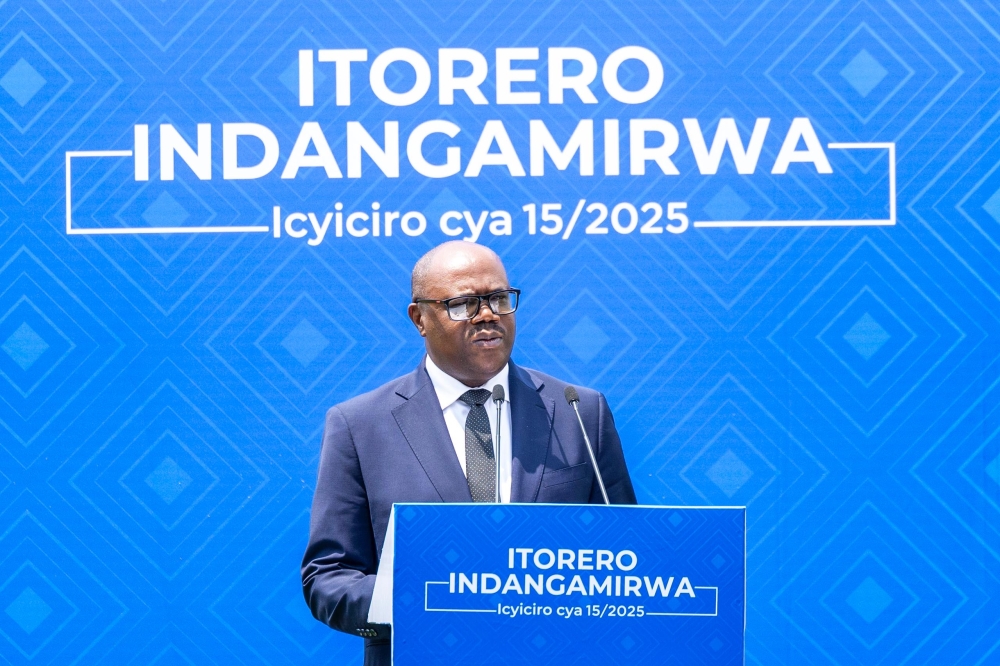The microfinance sector has for long been plagued by poor credit culture, limited institutional capacity and unbalanced geographical distribution with the majority of micro-finance institutions (MFIs) located in urban and semi-urban areas.

The microfinance sector has for long been plagued by poor credit culture, limited institutional capacity and unbalanced geographical distribution with the majority of micro-finance institutions (MFIs) located in urban and semi-urban areas.
Over 90 per cent of Rwanda’s MFIs have no proper management tools, with 75per cent operating with manual management systems to meet their daily demands, which also limit loan portfolio quality, according to sector experts.
However, this situation could soon be history following the launch of a €3 million Microfinance Challenge Fund (MCF) recently. The project is part of a deal signed between the government, AccessFinance Rwanda (AFR) and the German Development Bank (KfW) to promote the financial sector.
"The money will be disbursed to MFIs in two phases of three years each, and priority will be given to rural-based institutions,” said Jonathan Nkoola, the MCF team leader.
Nkoola said MFIs that have been operational for more than three years and have a minimum of 3,000 active clients and a loan portfolio of Rwf1.5 billion will benefit. The institutions must also fulfill the National Bank of Rwanda requirements for microfinance institutions.
He said under the first phase of the project, they will focus on providing technical support and training, matching grants and funding women and youth projects.
"The initiative is expected to bring significant added value at the micro level by expanding financial services small businesses in the rural areas. The facility will also provide a positive impetus to the microfinance sector by helping professionalise and strengthen the sector,” said KfW’s Klaus Muller.
He added that the initiative will improve financial literacy and avoid indebtedness among low-income households.
"The fund will play a key role in bridging the refinancing gap faced by most MFIs in Rwanda,” said Rita Ngarambe, the executive secretary of Association of Microfinance Institutions in Rwanda (AMIR).
"It is an excellent opportunity for capacity building and creating professional work within micro-finance institutions,” Ngarambe added.




